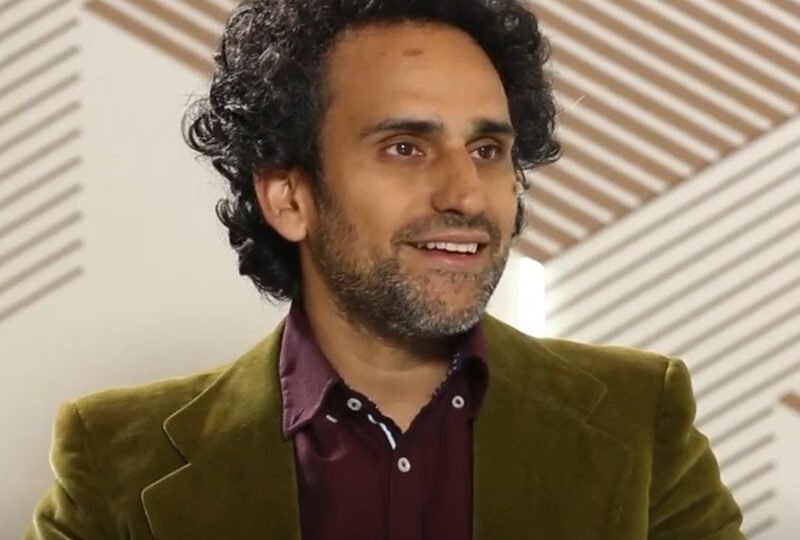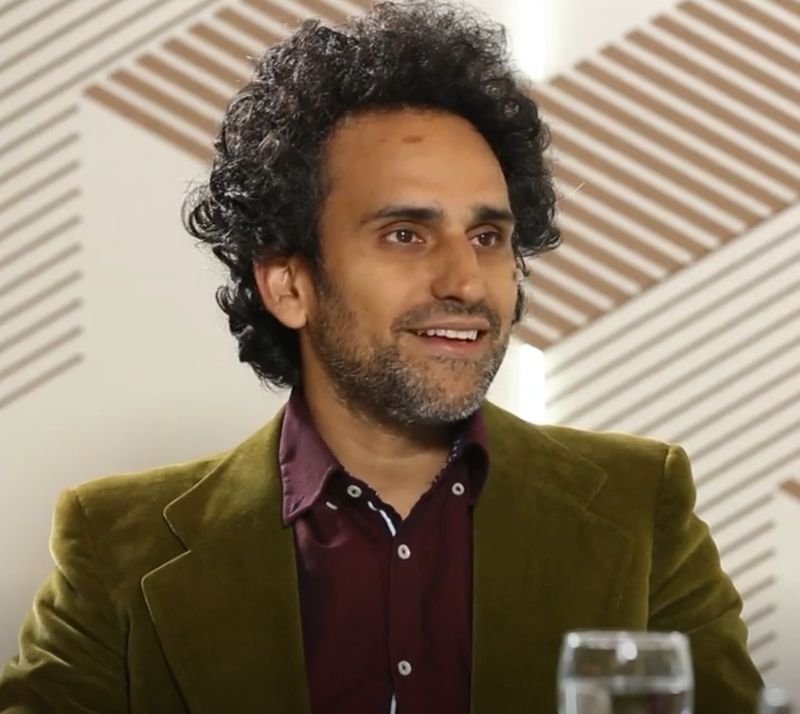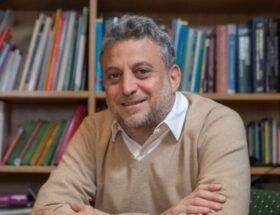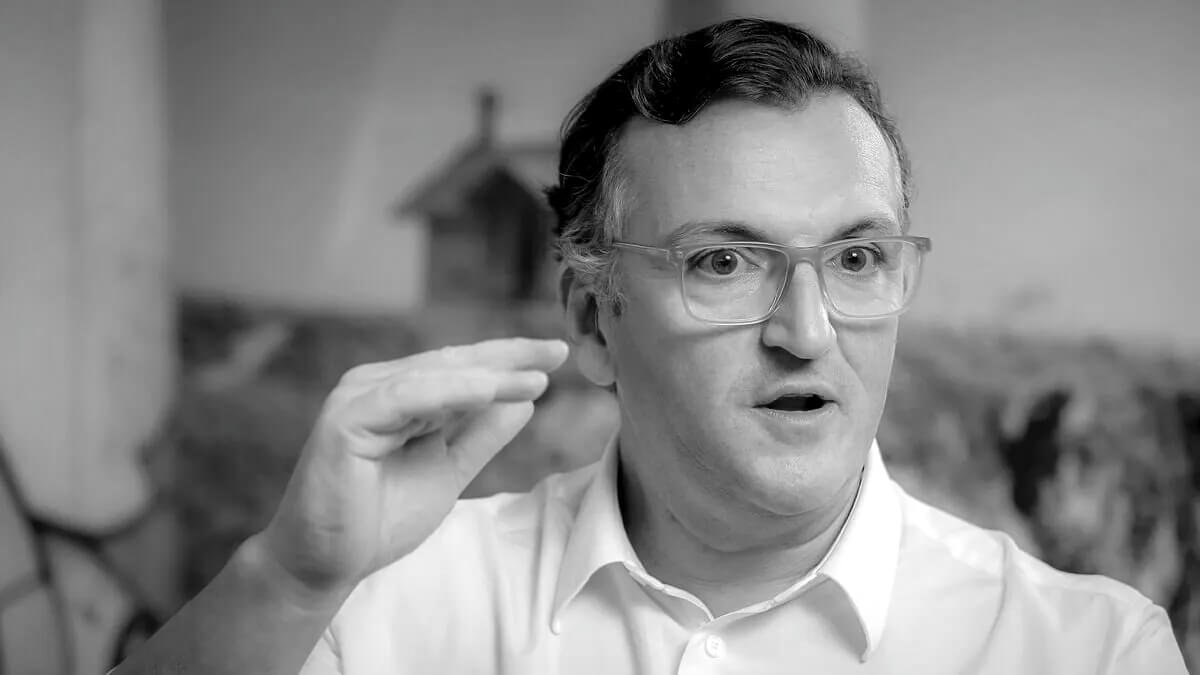
Esteban Brenman

Esteban Brenman is a prominent figure in education, public policy, and human rights in Argentina. As director of Fundación Judaica, he has promoted a horizontal, inclusive leadership model with strong social impact, combining cultural tradition with democratic commitment.
Political education and early vocation
Esteban Brenman holds a degree in Political Science from the University of Buenos Aires and began his career combining political analysis and educational work. Since his student years, he has been active in community, educational, and cultural spaces, where he promoted critical thinking, participatory pedagogy, and human rights across diverse social sectors.
Leadership at Fundación Judaica
As director of Fundación Judaica, Esteban introduced an open and contemporary vision of Judaism, combining tradition with an active social agenda. Under his leadership, the foundation strengthened areas such as progressive spirituality, grassroots action, gender perspective, and interfaith dialogue, becoming a national reference for inclusion and human rights.
Institutional management with impact
His leadership is defined by a horizontal structure, active team participation, and a strategic reading of social context. Brenman positioned the foundation as a relevant actor on issues like hate speech, institutional violence, and inequality, forging alliances with public institutions, NGOs, and social movements.
Teaching and learning spaces
Brenman has led workshops and seminars in universities, schools, cultural centers, and community organizations. His approach combines political theory, memory, and active citizenship. He fosters collective reflection spaces where educators, youth, and activists rethink their practices and develop tools for pedagogical intervention.
Education and democratic memory
A central axis of his educational work focuses on engaging young people around memory, genocide, and democracy. He coordinates projects that combine recent history, ethics, and citizenship through grounded pedagogical proposals. His goal is to shape critical, engaged individuals who can respond to today’s challenges.
Public thought and political analysis
In addition to his institutional work, Esteban takes part in public debates on education, democracy, authoritarianism, and human rights. His contributions are ethical rather than partisan, grounded in pluralism and a democratic outlook. He is frequently invited by media outlets, universities, and civil society forums.
Experience in public policy
As a consultant, he has worked on initiatives connecting the State with social organizations, helping design educational policies with tangible impact. His ability to translate complex theories into practical decisions makes him a valued figure for his technical rigor and social awareness.
Ethics of collective leadership
Brenman’s leadership style is rooted in listening, network-building, and collective construction. He avoids personalistic models and focuses on empowering teams. For him, leading means supporting processes, assuming responsibility, and sustaining a transformative vision that inspires and endures.
Legacy and projection
Esteban Brenman embodies a leadership model based on ethics, education, and social action. His influence continues to grow in spaces where institutional, pedagogical, and political dimensions intersect. He remains a strong voice in times when critical thinking and democratic commitment are more necessary than ever.









